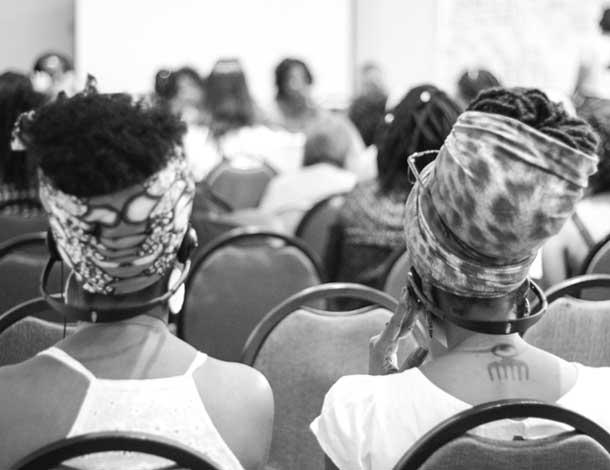In the context of globalization, where the once imperial ruler has lost first place in soft power to the Anglo-Saxons, the former French colonies are those keeping French alive outside of France.
It’s not Quebec or Belgium that are securing the French language in all international bodies, it’s the African and Caribbean countries.
During a conference on entrepreneurship, an eminent French political advisor was thrilled that French is becoming one of the most spoken languages in the world thanks to the African demographic. He stressed the huge potential for public procurement contracts in France, especially in regards to call centres with cheap labour. That’s also what it boils down to: cultural domination is one sector of neo-liberal capitalism.
I never thought of myself as a Francophone.
The label doesn’t really make sense in countries with other western linguistic groups like African countries, where there are Anglophones, Francophones, and Lusophones.
Having grown up in France, French nationality includes French, since it seems that the French language belongs to France. It’s in France where grammatical “revolutions” are decided, in France where the French Academy is headquartered, France that still deploys the policy on spreading the French language to foreigners, thanks to its network of French schools and alliances. In the same way I live the French nationality, I live on the Francophone margins, the dark corners where the existing neocolonialist structure is being flushed out and dismantled. The Francophonie doesn’t include all Francophones, their French is not the French that I speak with my friends, the French forged by children of those not meant to stay or be so large in number.

The Francophonie French is normative French, that which allows for the accumulation of diplomas and is found in UN reports, literature. It’s not even the French from popular regions in France. France’s hyper-centralised Jacobine tradition has always refused to make space for regional languages. Francophonie French is a French intended to be used everywhere, always. Maybe one day, Francophonie French will have its slang, maybe with the strength in numbers we’ll integrate typical francophone expressions from Abidjan, Casablanca, or Port-au-Prince.
Who knows? Maybe one day French won’t belong to France.
Until that day, the Francophonie is not some neutral ground for communication, it’s a system supported by institutions and values that continue to maintain, reproduce and legitimize the superiority of French culture, and by extension, Western culture. It’s not a question of over-the-top ideas, but real consequences for former colonies, where French proficiency serves as a social marker, while it devalues local languages.
At the same time, for immigrant children raised in France, the state expresses its contempt for languages originating in Africa and the Caribbean through its national education policy and practice. This makes bilingualism a liability for people with learning disabilities, particularly when their first or second language is one that is not western and/or coming from an economically dominant nation (e.g. Japanese, Chinese). Need we be reminded that the most vulnerable and marginalized people in Francophone countries speak little to no French?
It’s a fact that languages become international through violent and/or capitalist colonization.
This current state of affairs leaves no space to fight for global justice, to reflect on relations and accountability as organizations and activists in consolidating positions of cultural domination. Decolonizing the world, social systems, cultures, social justice movements, is a long and particularly demanding process. Our responsibility as a movement is to challenge the normalization of the accumulation of power and wealth, whether quantifiable, economic or cultural. All things considered, how do you decolonize the language you speak?
